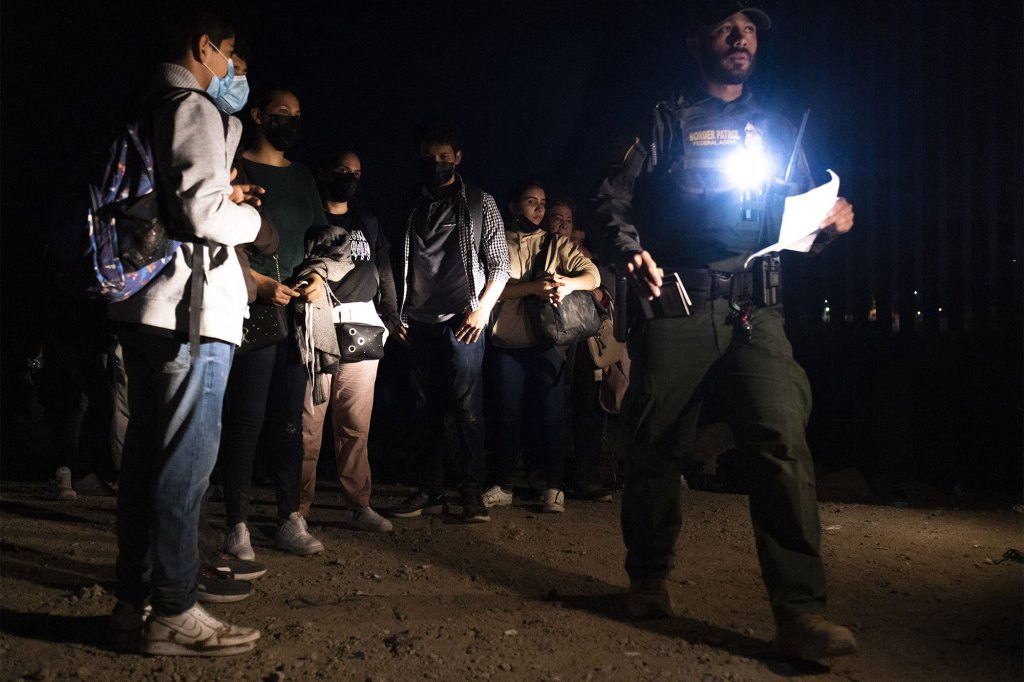Supreme Court won’t allow Biden immigration policy to move forward
The Supreme Court rejected a policy by the Biden administration to prioritize the deportation of illegal immigrants who pose a threat to national security or public safety.
In a 5-4 decision, the court’s order freezes the policy for now, but justices said it would hear arguments on the case, likely in late November. Conservative Justice Amy Coney Barrett sided with the three liberal judges who would have allowed Biden to initiate the directive.
The decision comes after the administration’s emergency request to the court following differing determinations from federal appeals courts. The case stems from a September order from Homeland Security that stopped deportation unless the person committed acts of terrorism, espionage or serious criminal conduct that threatens public safety.
“The fact an individual is a removable noncitizen … should not alone be the basis of an enforcement action against them,” reads the seven-page memo from Homeland Security Secretary Alejandro Mayorkas. “We will use our discretion and focus our enforcement resources in a more targeted way. Justice and our country’s well-being require it.”
A federal appeals court in Cincinnati earlier this month reversed a district judge’s order that froze the policy in a lawsuit filed by Arizona, Ohio and Montana. But a separate suit filed by Texas and Louisiana, a Texas federal judge ordered a nationwide halt to the guidance.
That Texas judge’s order is a “nationwide, judicially imposed overhaul of the Executive Branch’s enforcement priorities,” Solicitor General Elizabeth Prelogar argued in a court filing.
Texas and Louisiana, in their Supreme Court filing, contended the administration’s policy breaks federal law that mandates illegal immigrants who have been convicted of a serious crime be detained.
The directive replaced a Trump-era policy that removed people in the country illegally regardless of criminal history or community ties.

The memo states there are mitigating factors before deporting a person in the country illegally who committed a crime, including age, length in the US, military or other public service and the impact their removal would have on family in the country.
Part of the memo September 2021 memo states “the majority of undocumented non-citizens who could be subject to removal have been contributing members of our communities for years.
“They include individuals who work on the frontlines in the battle against COVID, lead our congregations of faith, teach our children, do back-breaking farm work to help deliver food to our table, and contribute in many other meaningful ways.”
With Post wires
Read the full article Here


